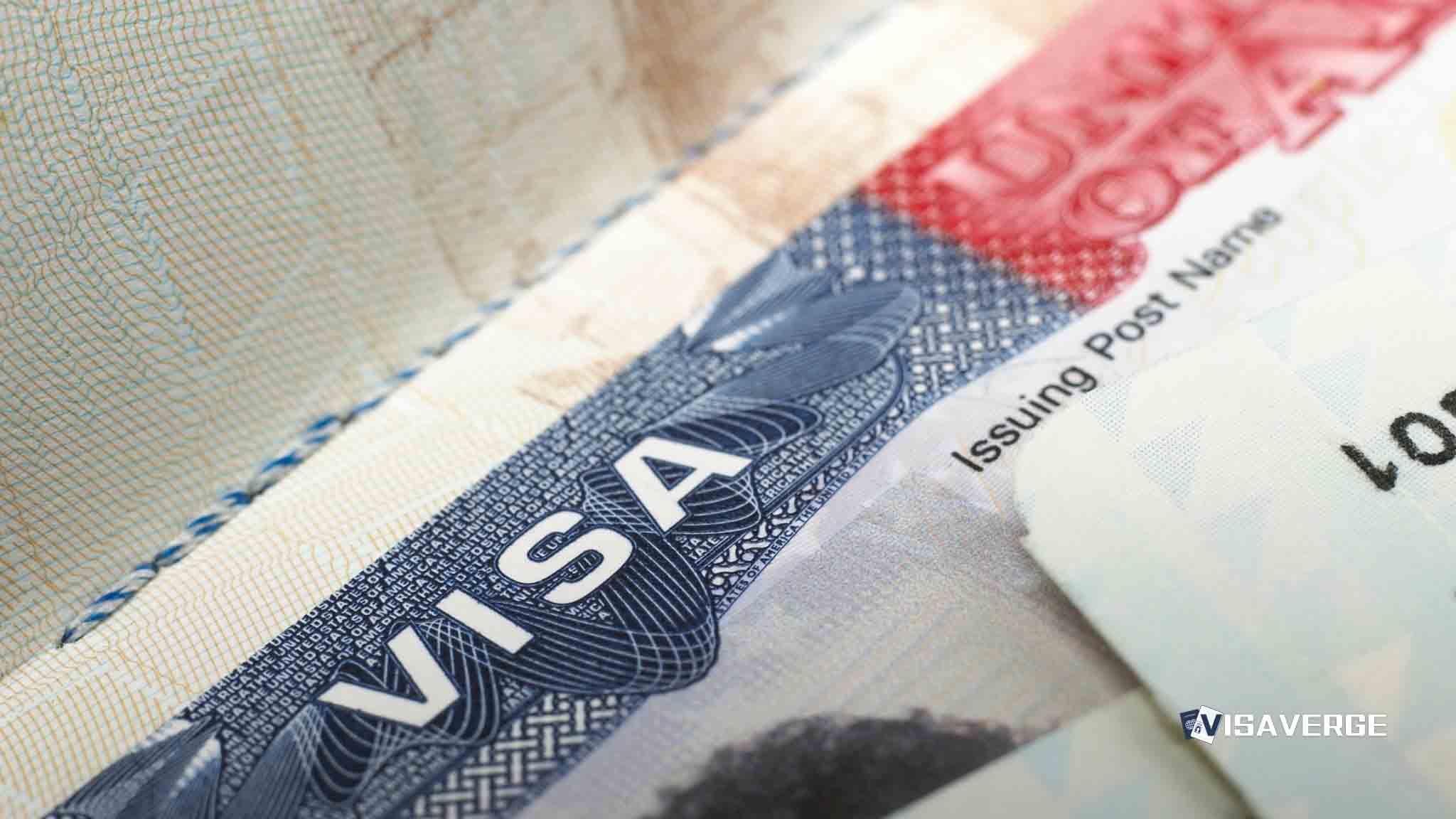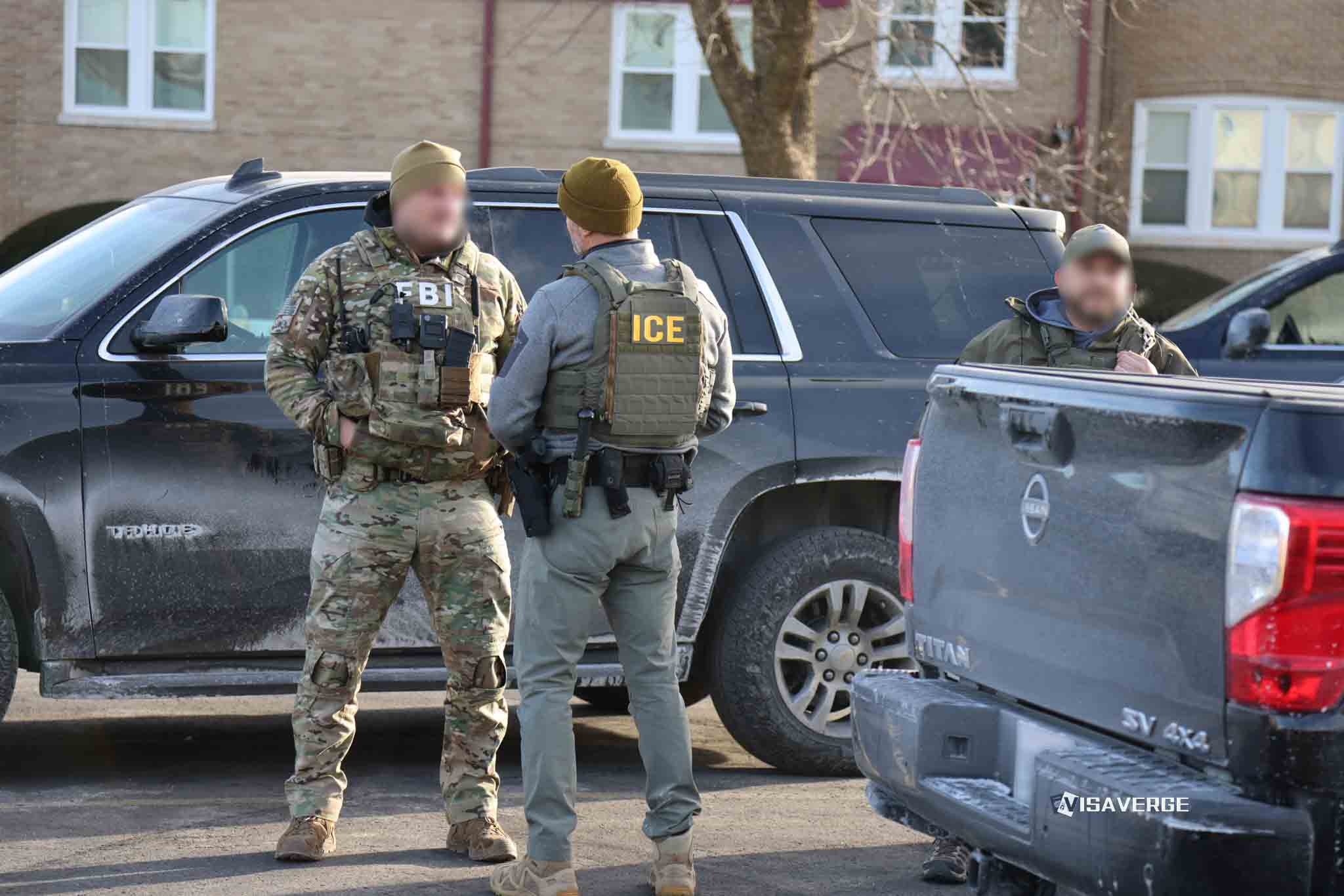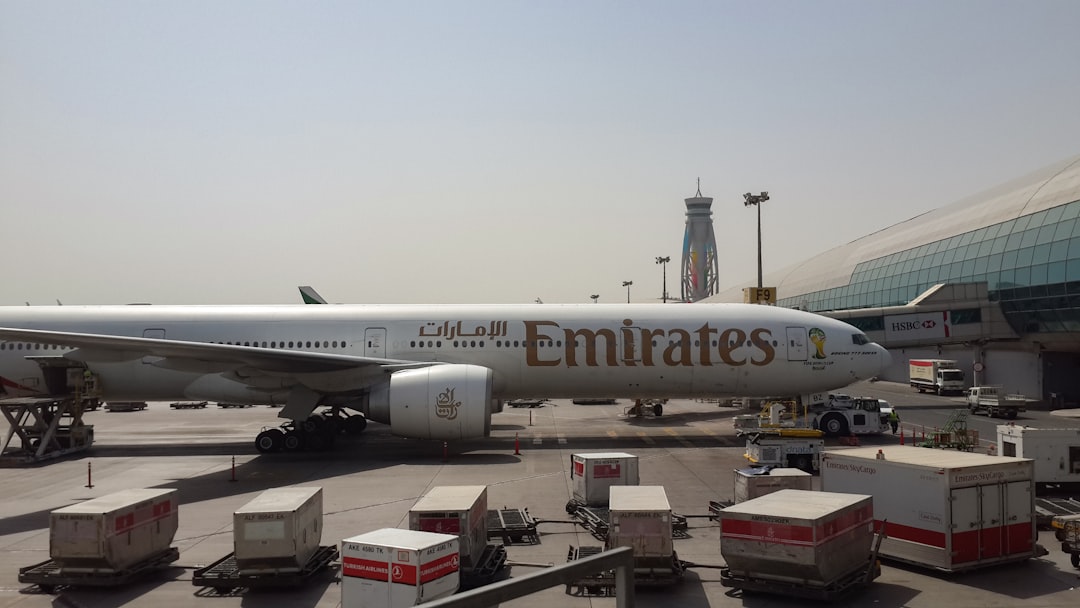Understanding the EB-1A I-140 Petition and Extraordinary Ability Criteria
The United States offers different avenues for individuals to obtain a visa, and one of the most sought-after is the EB-1A for individuals with extraordinary ability. But how do you establish that you have an “extraordinary ability,” and what evidence is required to support an EB-1A I-140 petition?
What Is the EB-1A I-140?
The EB-1A is an employment-based, first-preference immigration visa, designed for individuals who have risen to the very top of their field. To file an I-140 petition under this category, applicants must demonstrate an extraordinary ability in the sciences, arts, education, business, or athletics through sustained national or international acclaim.
Proving Extraordinary Ability
When it comes to proving your extraordinary ability, the immigration visa criteria set by the U.S. Citizenship and Immigration Services (USCIS) is quite specific. You must provide evidence of a one-time achievement, such as a prestigious award like a Nobel Prize, or meet at least three of the following criteria:
- Receipt of lesser nationally or internationally recognized prizes or awards: These awards should be related to your field of expertise, demonstrating recognition by others in your field.
- Membership in associations that demand outstanding achievements: Such associations should require members to demonstrate their extraordinary achievements, as judged by recognized national or international experts in their disciplines or fields.

- Published material about you in professional or major trade publications: Articles and publications must highlight your work and achievements. The publications should have a broad circulation within your field.
- Being asked to judge the work of others: This can be in the form of serving on a panel or individually as a judge of the work of others in the same or an allied field of specialization.
-
Original scientific, scholarly, artistic, athletic, or business-related contributions: Your contributions must have a major significance in your field.
-
Scholarly articles written by you: Published in professional or major trade publications or other major media outlets.
-
Performance in a leading or critical role: For organizations or establishments with a distinguished reputation.
-
Commanding a high salary: This should be significantly high compared to others in the field, demonstrating your exceptional talent.
-
Commercial success in the performing arts: As shown by box office receipts or record, cassette, compact disc, or video sales.
Each piece of evidence should be accompanied by letters from experts in the field who can confirm the nature of the achievement and its significance. Importantly, the evidence must not only show that you are good at what you do but that you stand apart in the top tier of professionals.
For complete information on the EB-1A extraordinary ability requirements, you can visit the official USCIS page.
Case Strong With a Well-Prepared Petition
A strong EB-1A I-140 petition isn’t just about presenting evidence. It’s about crafting a compelling case that tells the story of an individual’s achievements and impact on their field. It requires careful preparation and a strategic presentation of evidence that showcases an individual’s extraordinary ability as per the immigration visa criteria.
To navigate the complexities of the EB-1A petition process, consider engaging an immigration attorney experienced in employment-based visas. An attorney can help highlight key aspects of your career and present your accomplishments effectively. For those who qualify, this visa category offers expedited U.S. permanent residency — a goal worth the meticulous effort to meet the extraordinary ability criteria.
In summary, demonstrating extraordinary ability is about providing clear, substantial evidence that you are a leader in your field. With the right preparation and documentation, the EB-1A visa represents a clear path to a new life and opportunities in the United States for the world’s best and brightest.
So there you have it, folks! The EB-1A I-140 petition is all about proving your extraordinary ability in a hilarious game of show and tell. Prestigious awards, published articles, big salaries – it’s like winning the Nobel Prize of visas! But don’t fret, to ace this game, you’ll need a well-prepared petition and maybe a little help from an awesome immigration attorney. So, if you’re craving more visa knowledge and expert guidance, head on over to visaverge.com. Your extraordinary visa journey awaits!
FAQ’s to know:
FAQ 1: What is the EB-1A I-140 petition, and what are the criteria for extraordinary ability?
The EB-1A I-140 is an employment-based, first-preference immigration visa that allows individuals with extraordinary ability to apply for permanent residency in the United States. To qualify, applicants must demonstrate extraordinary ability in fields such as sciences, arts, education, business, or athletics through sustained national or international acclaim. This can be proven by meeting at least three out of the nine specific criteria outlined by the U.S. Citizenship and Immigration Services (USCIS), including awards, memberships, publications, judging, contributions, high salary, and more.
FAQ 2: What evidence is required to support an EB-1A I-140 petition?
To support an EB-1A I-140 petition, individuals need to gather and present clear and substantial evidence of their extraordinary ability. This can include:
– Receipt of nationally or internationally recognized prizes or awards
– Membership in associations that demand outstanding achievements
– Published material about the applicant in professional publications
– Serving as a judge of the work of others in the same or related field
– Original contributions of major significance to the field
– Scholarly articles written by the applicant
– Performance in a leading or critical role for distinguished organizations
– Commanding a high salary compared to others in the field
– Commercial success in the performing arts, demonstrated by box office receipts or sales records.
Each piece of evidence should be accompanied by letters from experts in the field who can confirm the nature and significance of the achievements. It is important to not only show proficiency in the field but also stand apart as a top-tier professional.
FAQ 3: How can an immigration attorney help with an EB-1A I-140 petition?
Engaging an experienced immigration attorney can greatly assist with the EB-1A I-140 petition process. An attorney can help highlight key aspects of your career and strategically present your accomplishments, ensuring a compelling case is made to showcase your extraordinary ability. They can guide you through the complexities of the process, help gather the necessary evidence, and ensure all legal requirements are met. Having an immigration attorney by your side increases the chances of a successful petition and expedites the path to U.S. permanent residency.
What did you learn? Answer below to know:
-
Which of the following is NOT a criterion for proving extraordinary ability in an EB-1A I-140 petition?
a) Receipt of nationally or internationally recognized prizes or awards
b) Publication of scholarly articles in major trade publications
c) Membership in associations with outstanding achievements
d) Working for a high-paying organization -
True or False: To file an I-140 petition under the EB-1A category, applicants must demonstrate extraordinary ability in fields such as education, sciences, arts, business, or athletics.
-
What types of evidence can be provided to support an EB-1A I-140 petition?
a) Original scientific contributions and scholarly articles
b) Receipt of commercial success in the performing arts
c) Being asked to judge the work of others
d) All of the above








